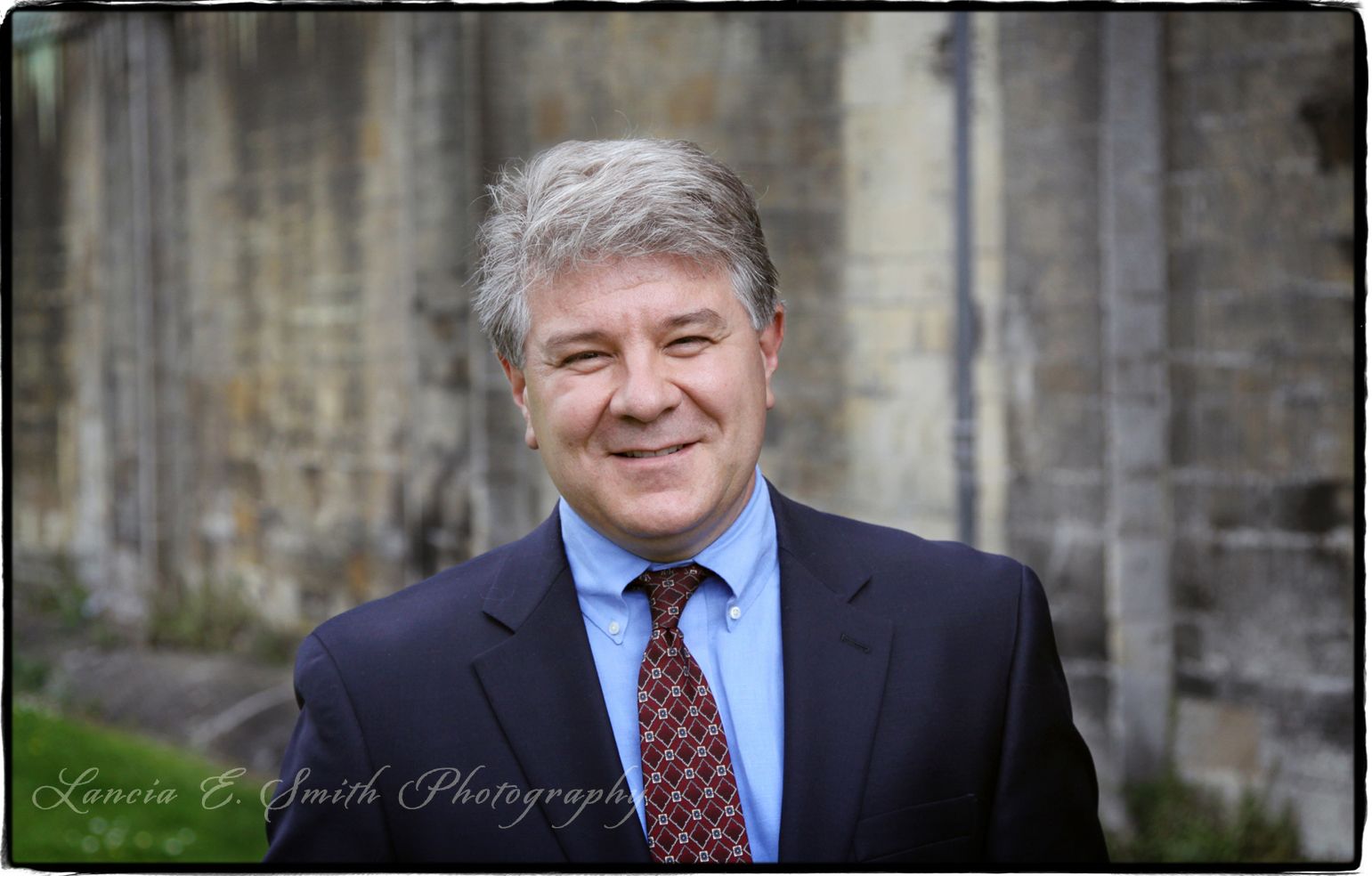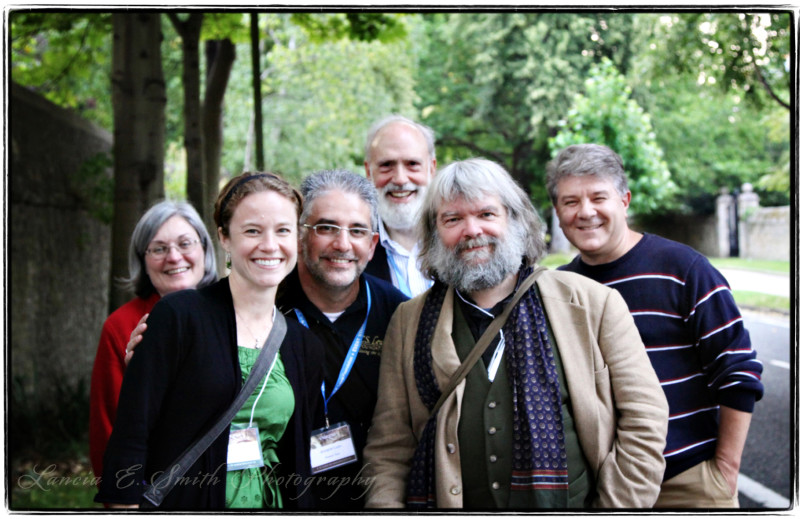Kevin Belmonte is a gracious, gentle and soft-spoken man. If I did not know he hails from Maine, I would take him for a southern gentleman or perhaps even an English aristocrat. His manners are impeccable. What does this have to do with his book Miraculous? Understanding good manners, graciousness, and being soft-spoken is key to understanding Kevin Belmonte’s narrative approach to Miraculous, and indeed, to all his other works.
There is a beautiful, lyrical rhythm in the narrative text of Miraculous. It is a deeply calm and measured accounting of the history of miraculous occurrences. If you look for a vicarious taste of astonishment in this book you will likely be disappointed. Not one single note seems concerned with capturing the sensation of experiencing the miraculous, rather it is focused on something far deeper. It invites the reader to ponder without emotional fanfare the astounding fact that our very world is a miracle itself and our history is indivisibly built on the miraculous. Miraculous prepares us to receive and recognise miracles in our world and in our own lives much like Advent prepares us for the coming of Christ. It requires quiet, `awakefulness’, a letting down of our own guard – a softening of our defiant expectations. Read this work quietly and this book of wonders will reward you with not only steady, solid prose but with the most surprising and delightful threads of the poetic woven in as well. Not many books make me want to go right back around to the beginning for a second time through, but for me, Miraculous is one of them.
LES: Kevin, how did you come to write Miraculous? Where did such an idea originate for you to pursue this wide stretched subject?
KB: I have my publisher to thank for the original concept of the book, specifically Joel Miller, Vice President of Editorial and Acquisitions for the nonfiction division at Thomas Nelson. Joel came to me with the idea, and said, “What do you think about writing a 100,000-word history of miracles—from Genesis, chapter one, all the way to the present? It would, in essence, be a survey of key moments in scripture—and history as well, after the time of Christ.”
I’ll always be grateful that this book came to me through the kindness and care of an editor, and a company, who cared a great deal about this type of book. It reflects a special kind of commitment.
Now, to be sure, as soon as I expressed keen interest in this project, we had to hit the ground running! Within a week, I had to craft an annotated outline, and get it approved. At the same time, there was a full book proposal to prepare, as there was a set of important committee meetings and deadlines fast approaching.
It was here my seminary training at Gordon-Conwell came into play. I knew the landscape of the basic subject matter pretty well, but even with that advantage, there were many late nights before the documents were complete.
As I look back on it now, it all fell into place so quickly. Within a month of my initial conversation with Joel, we were on our way, with all the needed approvals in place. It really was a “seize the moment” set of circumstances, and everyone I worked with, from my agent to the folks all along the process at Thomas Nelson—everyone worked incredibly hard to get the project underway, and see it through.
KB: Joel Miller and I discussed several places in scripture that were crucial, and we also spoke at length about representative moments from church history. That gave a basic framework for the outline of the book.
It was also deeply important that the book, as I state in the Preface, be guided by the best elements of “mere Christianity”—that I would write respectfully, charitably, and helpfully, about traditions beyond my own, which is the Protestant tradition. I have family members and friends who worship within the Catholic and Orthodox communions. Their love for God, and devotion to Him, has been a source of blessing to me. I hope in some small way to return the favour in all that’s given in Miraculous.
Last of all, I wanted to try write about men and women from many different places around the world, and many different eras of history—to give a sense of the global sweep of miracles throughout time and their impact—right up to the present day.
LES: Kevin, you hold several degrees – a B.A. in English Literature from Gordon College, an M.A. in Church History from Gordon-Conwell Seminary, and a second master’s degree in American and New England Studies from the University of Southern Maine (Portland). There’s a strong weaving together here of the love of literature and a deep respect of history. How does that background undergird your perspective in this new book?
Men and women down through the ages have given us so many beautiful, timeless reflections on the subject of miracles. Shakespeare wrote: “great floods have flown from simple sources; and great seas have dried, when miracles have by the greatest been denied.” Hannah More wrote a poem that speaks of The Incarnation: “And more to mark the grace of Heaven/This Son by miracle was given.”
One of the best things about researching this book was finding passages like these, and knowing that I could set them in front of readers. So many of the greatest writers were people of faith. I’ve been privileged to discover more about that. My hope was that readers of this book would too.
As for history, I think so often of what David McCullough has said. When I heard it some years ago, I never forgot it. He spoke of Barbara Tuchman as being a great inspiration for him as a historian. Then he said: Barbara Tuchman tells us, “There’s no trick to interesting people in history, or children in history. You can explain it in two words: ‘Tell stories.’”
So, when it came to the tapestry of church history, I wanted to explore the reality of miracles through time by telling stories of men and women through whom, and for whom, God did extraordinary things. If we want to commend our faith, or in this case, commend the reality of miracles, there’s no better way. Research the best sources, then pass on what you’ve learned by telling the great stories that have come down to us. That’s where my training in history, and reading of other writers, have taught me so much.
LES: Would you tell us the story behind your dedication statement in Miraculous?
KB: I’ve already spoken of Joel Miller, and I owe him a great debt. His was the initial concept, and he offered me this project. I can’t thank him enough.
As for my parents, I’ll always marvel at how my Dad came to faith, and be grateful for the stories my Mom read to me as a boy about Corrie Ten Boom. I started to hear stories of the miracles in that saintly woman’s life when I was about twelve years old, and it was the first time a genuine sense of the miraculous came near in my heart and mind.
Last of all, I wanted to thank the company of friends who gathered at the universities of Oxford and Cambridge for the eighth C.S. Lewis Summer Institute in the summer of 2011. I was privileged to give a keynote talk there, and also to teach at Keble College, Oxford, and Robinson College, Cambridge. So many memories, such a wealth of fellowship and friendship. I wanted to find some way to let these friends know I was thinking about them. I wrote a poem about it all, which reads—
Oxbridge
Follow me to dreaming spires,
say a prayer in Great St. Mary’s.
Walk with me near Magdalen’s tower,
share a smile in greeting.
Turn through photographs to the place
of each remembered kindness—
pause with grateful hearts.
Bless the days we had together,
raise a glass to absent friends
LES: “Definitions matter.” This is the opening line to preface for Miraculous. Why do you begin with this and how do you define ‘miracle’?
KB: With any important subject, it’s important to build on the right foundation. And sometimes, the best way to establish that straightaway, is to say so explicitly at the outset. Definitions do matter. They’re the place where we ought to begin.
As for the best definition of a miracle, there are many fine definitions, it’s true. But in my research I found two definitions, one from Dr. Walter Elwell, and another from Billy Graham, that really seemed to capture the heart of what a miracle is. And, given the wide respect accorded both men—across the denominational landscape, it seemed wise to draw on what they’d written.
Dr. Elwell says that “a miracle is an extraordinary event…accomplished by God as a sign of some purposes of his own.”
Billy Graham, America’s pastor, tells us that “a miracle is an event beyond the power of any known physical law to produce, it is a spiritual occurrence produced by the power of God, a marvel, a wonder.”
For a review of Miraculous by Dr. Crystal Hurd click here.
Stay tuned for Part 2!
Lancia E. Smith is an author, photographer, business owner, and publisher. She is the founder and publisher of Cultivating Oaks Press, LLC, and the Executive Director of The Cultivating Project, the fellowship who create content for Cultivating Magazine. She has been honoured to serve in executive management, church leadership, school boards, and Art & Faith organizations over 35 years.
Now empty nesters, Lancia & her husband Peter make their home in the Black Forest of Colorado, keeping company with 200 Ponderosa Pine trees, a herd of mule deer, an ever expanding library, and two beautiful black cats. Lancia loves land reclamation, website and print design, beautiful typography, road trips, being read aloud to by Peter, and cherishes the works of C.S. Lewis, J.R.R. Tolkien, and George MacDonald. She lives with daily wonder of the mercies of the Triune God and constant gratitude for the beloved company of Cultivators.
Leave a Reply
A Field Guide to Cultivating ~ Essentials to Cultivating a Whole Life, Rooted in Christ, and Flourishing in Fellowship
Enjoy our gift to you as our Welcome to Cultivating! Discover the purpose of The Cultivating Project, and how you might find a "What, you too?" experience here with this fellowship of makers!



[…] read Part 1 of this interview set click here. Share and Enjoy:Related […]
[…] have to give credit to my husband (Kevin Belmonte) for the idea. When I was trying to land on a new name for the site that expressed all of these […]
[…] Part 1 – Kevin Belmonte Interview […]
[…] have to give credit to my husband (Kevin Belmonte) for the idea. When I was trying to land on a new name for the site that expressed all of these […]